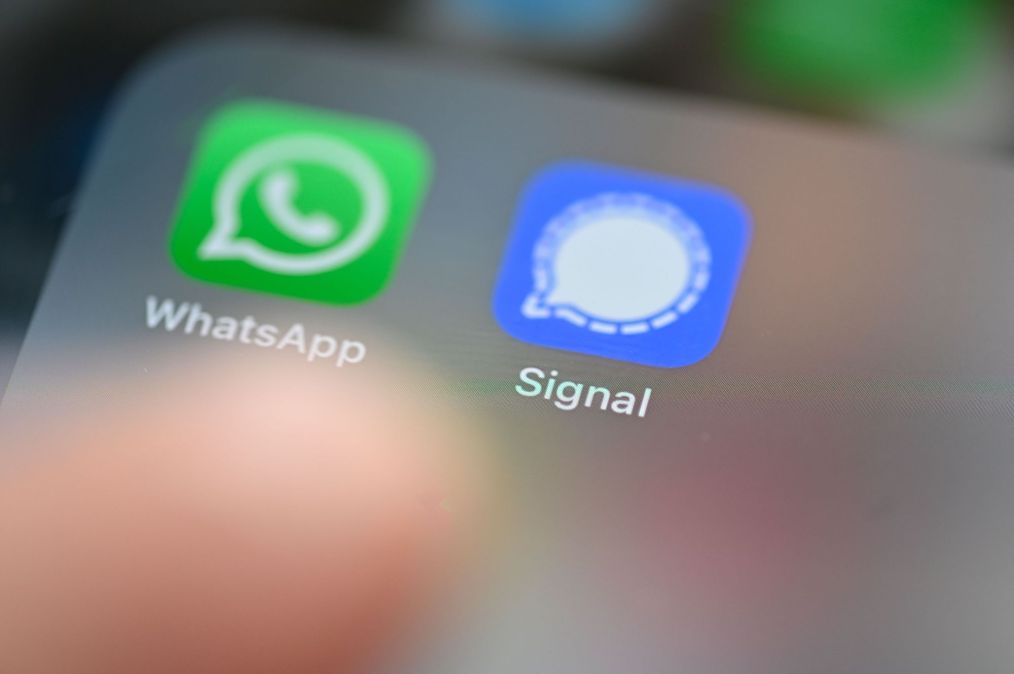Michigan poised to ban most state workers’ use of encrypted messaging

The Michigan State Senate voted unanimously on Tuesday to block state workers from using messaging apps that feature end-to-end encryption on their government-issued phones, following concerns that such apps could be used to evade open-records laws.
The one-page bill directs the Michigan Department of Technology, Management and Budget to “issue directives that all state departments and all state agencies must not use any app, software, or other technology that prevents it from maintaining or preserving a public record as required by law on an electronic device that is used to create a public record.” If enacted, the bill would effectively ban the use of apps like Signal, Telegram or the Facebook-owned WhatsApp by nearly all state workers.
Lawmakers first introduced the measure last spring following reporting by the Detroit Free Press that revealed that high-ranking Michigan State Police officials were using Signal to communicate. Messages sent on encrypted apps avoid government servers and and can be set to expire after a brief period of time. The revelation that top law-enforcement officers were texting each other on Signal raised concerns that the app could be used to evade the Michigan Freedom of Information Act. (Conversely, many law-enforcement agencies and prosecutors have attempted to subpoena Signal for its users’ identities and messages, despite the fact that the app’s nonprofit publisher says it does not have access to its users’ activities.)
The 35-0 vote in the State Senate followed unanimous support in June by the Michigan House of Representatives, which will vote again on the Senate’s version of the legislation before it goes to Gov. Gretchen Whitmer.
Michigan State Police Col. Joseph Gasper ordered his officers in February to delete Signal from their phones, even though some police officials claimed at the time that the app did not violate the state’s open-government rules.
Lawmakers cited the disappearing nature of Signal messages in bringing up the ban. “It deletes the whole purpose of FOIA if you can permanently delete something,” state Rep. Steve Johnson said Tuesday, according to the Free Press.
While employees of executive-branch agencies would be subject to the encrypted-messaging ban, it would not apply to state legislators and their staffs, or Whitmer and her office, as lawmakers and the governor’s office are exempt from Michigan’s FOIA law.





